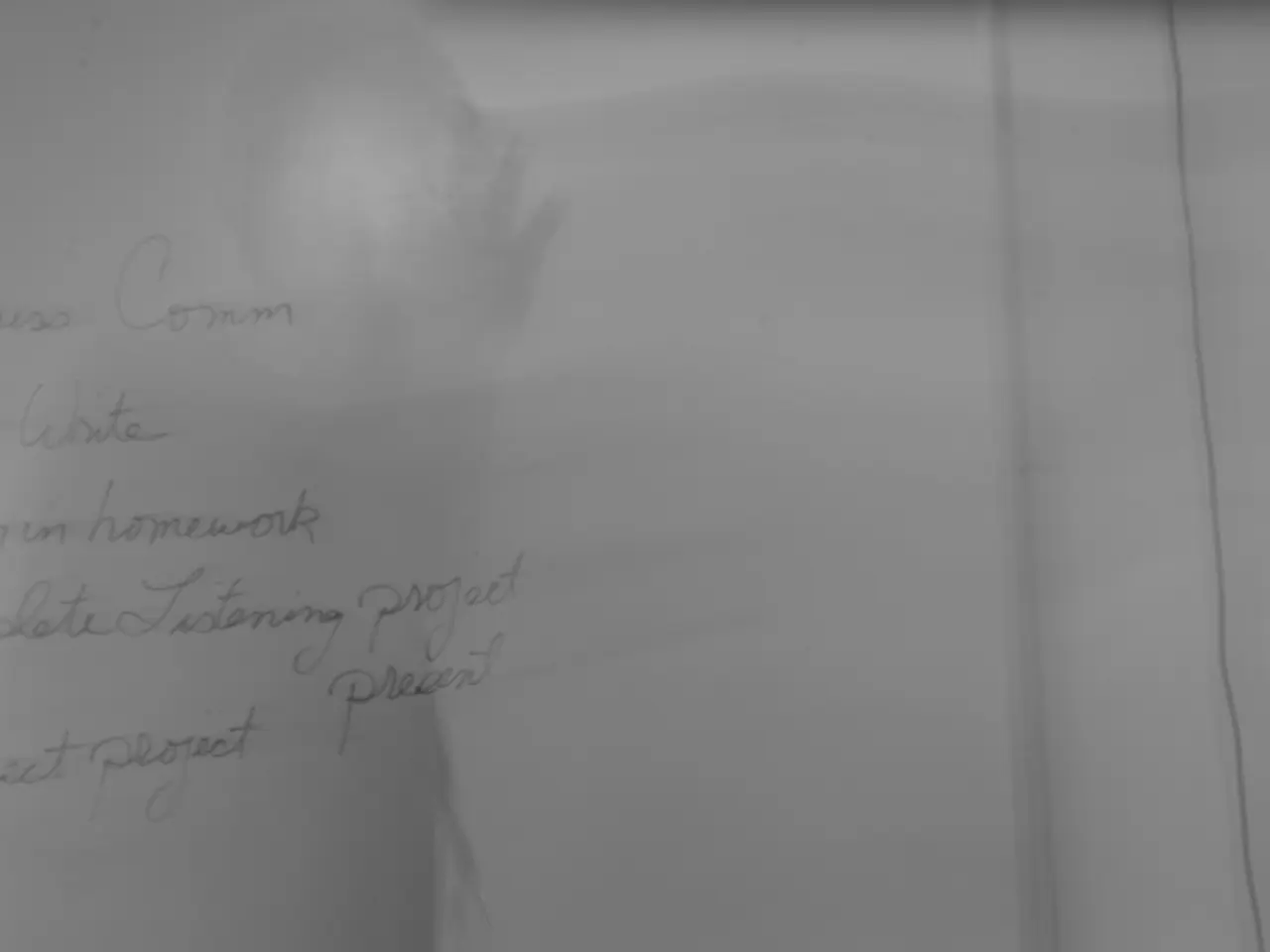Difficult Lessons Unearthed About Matrimonial Splits Through Personal Experience
Navigating the Complexities of Divorce: A Guide for the Challenges Ahead
Divorce can be a tumultuous and challenging experience, affecting individuals emotionally, financially, and practically. This article aims to provide a comprehensive overview of the common challenges faced during divorce and strategies for navigating them.
Emotional Challenges
Divorce often triggers intense feelings such as hurt, anger, grief, and overwhelm. These emotional turmoils can impair rational decision-making, leading to prolonged conflict and additional stress for all parties involved, including children. To manage these feelings constructively, seeking emotional support through counseling or support groups is highly recommended. Protecting children by avoiding involving them in disputes is also crucial to prevent harm to their emotional well-being and delay legal proceedings.
Financial Challenges
A key financial challenge is the shift from a dual-income household to a single- or reduced-income situation, often causing instability. Women statistically experience a sharper financial decline post-divorce, with income drops around 41%, compared to 23% for men, and are more vulnerable to poverty and loss of retirement savings. Developing financial resilience by creating a realistic budget, reassessing income and expenses, and consulting financial advisors or tax professionals is vital to rebuild stability after divorce. Understanding and preparing for ongoing financial responsibilities such as child support, alimony, and mortgage payments is also essential.
Practical Challenges
Managing legal processes requires organization and strategic financial planning, including awareness of tax issues like filing status, dependency claims, and retirement account transfers. Poor planning can delay resolution and increase costs. Navigating new living arrangements, childcare responsibilities, and scheduling adds complexity during and after divorce.
Strategies to Navigate These Challenges
- Emotional: Seek emotional support, avoid involving children in disputes, and protect their emotional well-being.
- Financial: Develop financial resilience, understand and prepare for ongoing financial responsibilities, and consult professionals for tax and financial advice.
- Practical: Stay organized, clarify legal and financial priorities early, and work with experienced professionals to facilitate a fair and efficient process.
By addressing emotional, financial, and practical challenges with proactive support, sound financial planning, and focused legal strategy, individuals can better manage the complexities of divorce and lay a foundation for recovery.
Starting Over After Divorce
Starting over after divorce can be challenging, with potential obstacles such as financial instability, finding a new home, and rebuilding social networks. Prioritizing self-care during and after divorce is important for healing and rebuilding one's life. This includes exercise, healthy eating, practicing mindfulness, and engaging in activities that bring joy.
Breaking the Stigma
The stigma of divorce persists, with common misconceptions that it is a sign of failure or always acrimonious. Breaking this stigma is important for creating a more supportive and understanding society. Divorce can have a profound impact on mental health, causing depression, anxiety, and low self-esteem. Seeking professional help during divorce is crucial for mental health support and navigating the legal process.
In conclusion, navigating the complexities of divorce requires a proactive approach, sound financial planning, and focused legal strategy. By addressing emotional, financial, and practical challenges, individuals can better manage the divorce process and lay a foundation for recovery.
- In the realm of health-and-wellness and mental-health, seeking professional help during divorce is crucial for managing intense feelings such as hurt, anger, grief, and overwhelm, and for navigating the legal process.
- To maintain a healthy lifestyle after divorce, prioritizing self-care activities like exercise, healthy eating, practicing mindfulness, and engaging in joyful activities can help in healing and rebuilding one's life.
- Healthy family dynamics and positive relationships post-divorce can be fostered by addressing the complexities of divorce with proactive support, understanding, and breaking the stigma associated with divorce.








